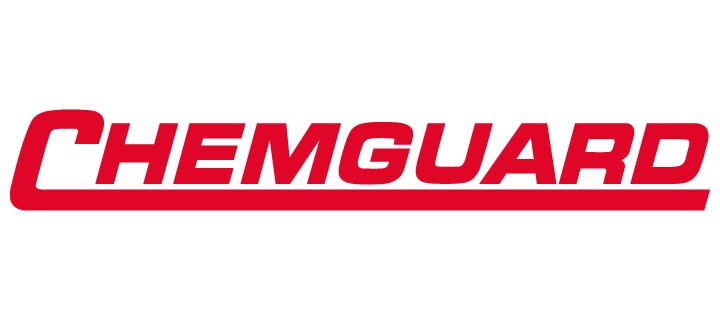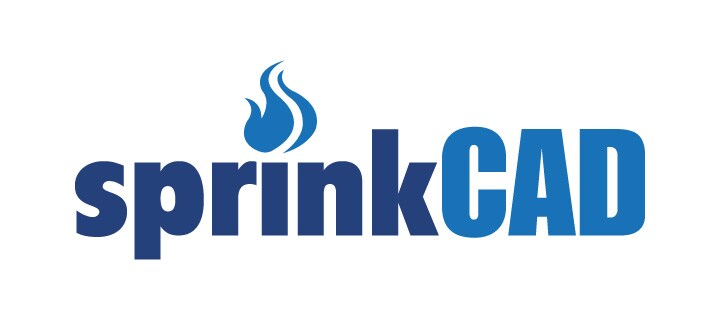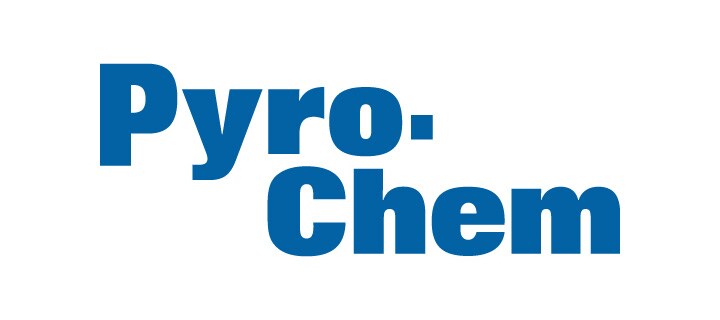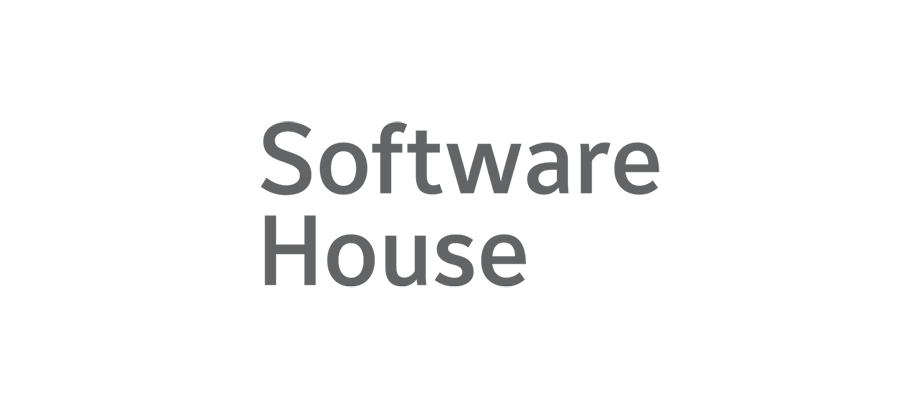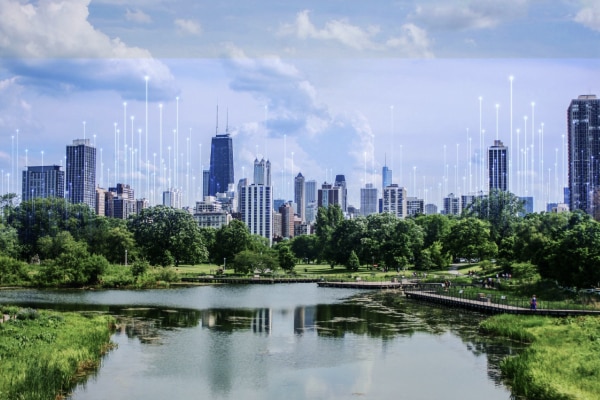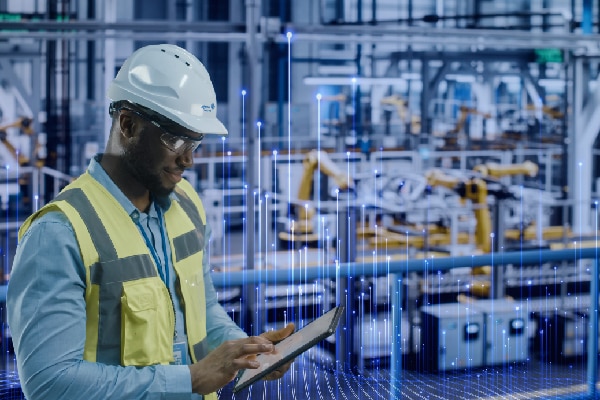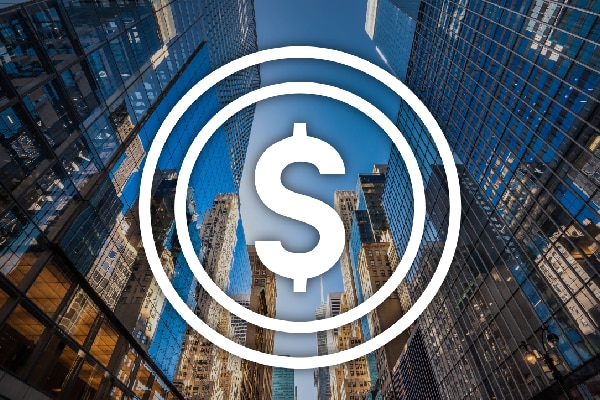- Johnson Controls
- Insights
- CNBC Squawk Box
Johnson Controls Chief Sustainability Officer Katie McGinty interviewed on CNBC Squawk Box Sustainable Future
Katie McGinty, vice president and chief sustainability and external relations officer at Johnson Controls, joined CNBC co-anchors Karen Tso and Arabile Gumede for a live broadcast on June 30, 2023 to talk about: the imperative for decarbonization to tackle the 40% of global greenhouse gas emissions coming from buildings; the clean, green premium driving growth in the real estate sector; the AI revolution driving that transformation in buildings; and ESG as just good business to cut waste and accelerate growth.
On the business opportunity of decarbonizing buildings:
So, the bad news is that buildings are 40% of global greenhouse gas emissions. But the good news is that we have the technology today to turn that equation around.
It's a trifecta. It's about driving energy efficiency, it's about electrification of those buildings, and then – the AI conversation – it's about digitalization of the buildings. The further good news is when we take that technology to the building, it's not just solving a bad – cutting high energy bills, cutting carbon – it is driving the strategic purpose of the business. The building goes from a deadweight on the balance sheet to an organic asset that can actually help to drive a business' purpose, attract employees, make sure you've got a healthy productive work environment, and enhance the bottom line.
With shareholders now looking at climate change and saying, we want to know that you've future-proofed those assets, the challenge becomes, really, an opportunity.
How AI is driving the net zero building transformation:
So, when you think of your car, your car is essentially a computer on wheels now.
Buildings are the opposite. Buildings are the least penetrated space in terms of things digital and data.
The real revolution coming to buildings – and our platform is called OpenBlue – is to grab that data and put it to work.
And here's what happens. With our AI platform in a data center for example, we find out that the chillers cooling that data center are not in sync. One slight adjustment, and it's a 30% cut in the energy and the cost of that data center.
Or in a hospital, for example, the very same sensors gauge temperature and humidity to cut that HVAC system and cut your energy bill. Those same sensors detect and scrub out of the air germs and viruses!
So, again, with data, with AI, we are enabling ourselves to solve a climate problem, but we're also bringing all kinds of efficiency and productivity, and driving organizational purpose.
When you're smart about sustainability, you're rolling up your sleeves and you're saying, where do we have waste in this business? Because every dollar needs to go to growing the business, not spending money on wasteful energy.
Why real estate growth is clean and green:
It’s a good point. And I think what we see out there is, it's spotty. And it's not new to say that real estate is location, location, location. But a combination of location and the class of building, and you have very different pictures.
What we see consistently, though, is that clean and green is earning a premium in the real estate space.
You certainly see that here in London, where people are paying up, both to prove that they are a purpose-driven organization, that they are values based, but also that when those employees come back to that workspace, with that digital platform, you can guarantee the air is clean and healthy.
Those kinds of properties are definitely earning a premium. And I think we see it more broadly in the investor space, when recent polls show that investors are saying, look, almost by more than 80%, year over year, this year they are more concerned and want to see resilient properties, resilient investment assets. That's where the dollars are going to go.
There has never been a more opportune time to make operations sustainable:
We’ve never seen such a coming together of forces. On the one hand, you have government with carrots and sticks – regulating, mandating that you upgrade your buildings, that you decrease your energy, that you move into renewable energy – but then providing financial resources to get that job done, too.
That's combined with what investors are saying. They're saying, look, we want to know that the long-term asset value here is being preserved. And so, they're adding an insistence into the equation. And I think, you put it together, and there's never been a better, more opportune time to not only achieve progress against a problem like climate change, but to avail yourself of funds that are out there and drive your bottom line.
ESG is here to stay, because it’s just good business:
To me, having been in this space for 30 years. I say, all right, we've arrived. Everybody's paying attention to this issue and they're going to get their opinion in.
But here's why sustainability sticks and stays now. It's no longer a thing of charity. It's no longer a nice to have.
The reason is, it's driving business fundamentals. When you're smart about sustainability, you're rolling up your sleeves and you're saying, where do we have waste in this business? Because every dollar needs to go to growing the business, not spending money on wasteful energy.
For example, when you're competing out there for the best talent, showing that you're a purpose-led organization. 70% of young people are saying that's going to be the determining factor for me, as to where I go. And we talked about shareholders. So, I think that sustainability has matured beyond the political pendulum. It's real business. It’s in the boardroom because it's proven its financial value to that enterprise already.
So, the game has changed, the nature of this being not just on the periphery and nice, but really business-centric.
Why net zero building technology is preserving long-term asset value:
You're not going to reinvent your whole business for something that feels like a fad. So again, when you have these multiple factors coming to play, you've got your constituents in terms of the communities, and where you work, demanding that they see responsible behavior.
You see energy prices. I don't have to tell people in Europe about energy prices robbing growth dollars. You want to get on that and turn that around. And when you see mother nature shaking her fist, you want to make sure your assets are resilient against that disruptive environment.
I will say that the coming of regulations in this space is taking these issues from the basement to the boardroom, when you have financial regulators demanding that you report climate information just like your financial information.
Again, that's going to drive both consistency and clarity, and I think it's going to accelerate action in this space.
***
About Katie McGinty
Katie McGinty is a career climate champion, with 30 years of policy, technology, and business experience in sustainability. As CSO, she is driving an aggressive, top-tier net zero program at Johnson Controls. McGinty was named to the 2023 ESG50 by Constellation Research. The ESG50 lists the most influential global executives who are advancing sustainability in their fields through new business models, emerging technologies and ethical, humane leadership.
Related Items
Net Zero Buildings
Achieve decarbonization and renewable energy targets and optimize building performance.

2023 Sustainability Events
In our meetings with business and public leaders around the world, there is a consensus that there will be no net zero without decarbonizing buildings.
Oliver: We Can Decarbonize Buildings Ahead of Schedule
Johnson Controls Chairman and CEO George Oliver discusses the decarbonization of buildings in an article in Fortune magazine.
2023 Sustainability Report
Johnson Controls released its 2023 Sustainability Report, marking milestones on the path to achieving net zero in buildings around the world.



























